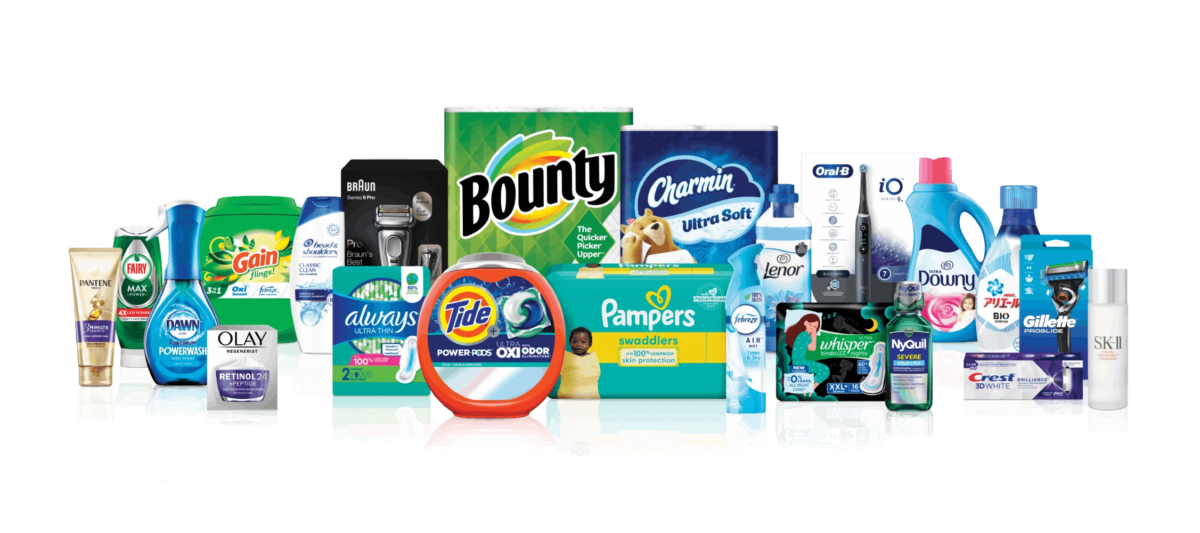June 5 (Reuters) – Procter & Gamble (PG.N), opens new tab said on Thursday it would cut 7,000 jobs, or about 6%, of its total workforce over the next two years, as part of a new restructuring plan to counter uneven consumer demand and higher costs due to tariff uncertainty.
The world’s largest consumer goods company also plans to exit some product categories and brands in certain markets, executives said at a Deutsche Bank Consumer Conference in Paris, adding the program could likely include some divestitures without giving detail.
The Pampers maker’s two-year restructuring plan comes when consumer spending is expected to remain pressured this year, and global consumer goods makers including P&G and Unilever (ULVR.L), opens new tab brace for a further hit to demand from even higher prices.
“This is not a new approach, rather an intentional acceleration of the current strategy…to win in the increasingly challenging environment in which we compete,” executives said.
President Donald Trump’s sweeping tariffs on trading partners have roiled global markets and led to fears of a recession in the U.S., the biggest market for P&G. The company imports raw ingredients, packaging materials and some finished products into the U.S. from China.
Trump’s trade war has cost companies more than $34 billion in lost sales and higher costs, a Reuters analysis showed, a toll that is expected to rise.
In April, the Tide detergent maker said it would raise prices on some products and that it was prepared to pull every lever in its arsenal to mitigate the impact of tariffs.
Pricing and cost cuts were the main levers, CFO Andre Schulten had said then.
On Thursday, Schulten and P&G’s operations head Shailesh Jejurikar acknowledged that the geopolitical environment was “unpredictable” and that consumers were facing “greater uncertainty.”
The company had about 108,000 employees as of June 30, 2024, and said the job cuts would account for roughly 15% of its non-manufacturing workforce.
P&G added that the restructuring plan would help simplify the organizational structure by “making roles broader” and “teams smaller”.
The plans to divest certain brands will also help adjust its supply chain in order to reduce costs, P&G said.
Top-notch SEBI registered research analyst
Best SEBI registered Intraday tips provider
Telegram | Facebook | Instagram
Call: +91 9624421555 / +91 9624461555





